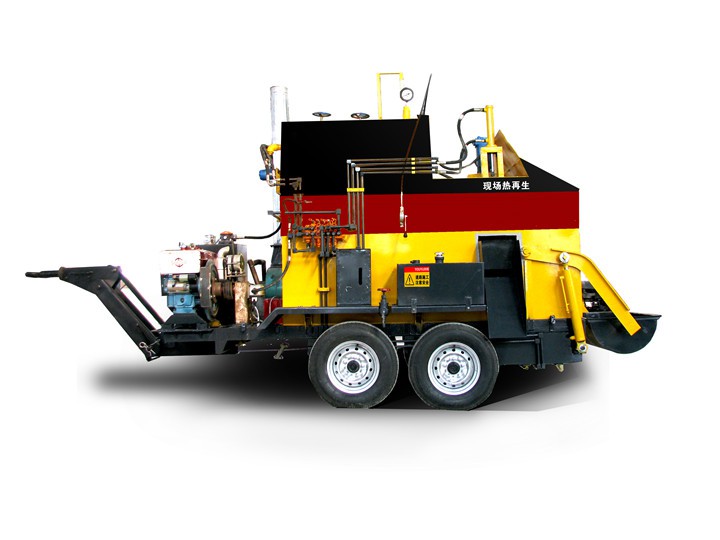When it comes to fuel sources, confusion often arises between LPG (liquefied petroleum gas) and propane. Both are widely used for heating, cooking, and other applications, but understanding their differences, uses, and safety concerns is crucial. This article aims to provide a thorough examination of LPG and propane, clarifying whether they are the same and highlighting essential information for consumers and industry professionals alike.
Understanding LPG and Propane
What is LPG?
Liquefied petroleum gas, commonly known as LPG, is a mixture of hydrocarbons primarily consisting of propane and butane. It is produced during the refinement of natural gas and petroleum. LPG is stored and transported in liquid form under pressure and vaporizes when released into the atmosphere.
What is Propane?
Propane is a specific type of LPG. It is a three-carbon alkane (C3H8) that is odorless in its natural state but often has a distinct smell added for safety. Propane is widely used in residential, commercial, and industrial applications, including heating, cooking, and powering vehicles.
Are LPG and Propane the Same?
The Key Differences
While propane is part of the broader category of LPG, they are not the same. Here’s a detailed comparison:
| Feature | LPG | Propane |
|---|---|---|
| Composition | Mixture of propane and butane | Single gas (C3H8) |
| Uses | Heating, cooking, and various industrial applications | Cooking, heating, and as fuel for vehicles |
| Physical State | Liquid under pressure, vaporizes upon release | Liquid under pressure, vaporizes upon release |
Relevance to Consumers
For most residential consumers, the distinction might not seem significant. Both fuels are used for similar applications. However, understanding which fuel meets your needs can help in selecting the right equipment and ensuring efficient use.
How LPG and Propane are Used
Residential Uses
Both LPG and propane find extensive use in residential settings, and they offer several advantages, including efficiency and convenience.
Cooking
Using LPG or propane for cooking is popular due to the immediate heat and controllability these fuels provide. Propane appliances can include stoves, ovens, and grills, making it a favorite for many homes.
Heating
Propane is commonly used in heating systems, such as furnaces and water heaters, providing a reliable heat source during colder months.
Commercial and Industrial Applications
In commercial settings, both LPG and propane can be found in restaurants, agricultural processes, and industrial manufacturing. They are common in food processing, crop drying, and commercial heating systems.
Safety Concerns
Safety Measures for LPG and Propane Use
Both LPG and propane are generally safe to use, given that certain precautions are observed. Here are some safety tips:
- Always ensure appliances are installed by qualified professionals.
- Regularly inspect gas lines and fittings for leaks.
- Use gas detectors in homes to alert for any leaks.
- Store propane tanks outside and away from direct sunlight.
What to Do in Case of a Leak
In the event of a gas leak:
- Evacuate the area immediately.
- Avoid using any electronic devices that could create a spark.
- Contact your gas supplier or emergency services for assistance.
Environmental Impact
Comparison between LPG, Propane, and Other Fuels
When compared to traditional fuels like coal or heating oil, LPG and propane are considered cleaner-burning fuels. They emit fewer greenhouse gases and particulates, making them a more environmentally friendly option.
Regulatory Standards
Several regulatory bodies govern the safe usage and emissions standards for LPG and propane. Compliance with these regulations ensures both safety and minimal environmental impact.
Cost Considerations
Price Differences between LPG and Propane
While the price can vary depending on market conditions, propane is often cheaper than other liquid fuels. Prices for LPG can be higher due to its mix of butane and propane. It’s essential to compare prices in your area to evaluate the best choice.
Impact of Pricing on Usage
When considering which fuel to use, it’s essential to factor in both the upfront cost and the long-term availability of the fuel source. Analyzing historical prices can help you understand market trends and make informed decisions.
Choosing Between LPG and Propane
Factors to Consider
When choosing between LPG and propane, consider the following factors:
- Your specific application or need.
- The availability of appliances that suit your chosen fuel.
- Cost differences in your locality.
- Environmental impact preferences.
Equipment Compatibility
Not all appliances can run on both LPG and propane. Ensure that your cooking or heating equipment is compatible with the type of fuel you plan to use to avoid unnecessary expenses and safety hazards.
Practical Tips for LPG and Propane Use
Maximizing Efficiency
Efficiency in the use of LPG and propane can lead to cost savings and better performance:
- Regularly service appliances to maintain efficiency.
- Use high-efficiency appliances when possible.
- Ensure that your home is well insulated to retain heat.
Emergency Preparedness
It’s essential to have an emergency plan when using LPG or propane, particularly in areas prone to severe weather events that could impact supply.
FAQ Section
1. Is LPG used for vehicles?
Yes, LPG can be used as an alternative fuel for vehicles, commonly known as autogas.
2. Can I use propane appliances with LPG?
Not all propane appliances are compatible with LPG since LPG contains a higher percentage of butane, affecting combustion processes.
3. Are LPG and propane safe to use indoors?
Both fuels can be safely used indoors when proper ventilation and safety protocols are followed.
4. Can propane be stored outside?
Yes, propane tanks should be stored outside and away from heat sources or direct sunlight to prevent pressure build-up.
5. How do I know if there’s a gas leak in my home?
Most gas markets add a smell to propane and LPG for leak detection. A hissing sound or a whiff of a rotten egg scent may indicate a leak.
6. What should I do if my gas detector goes off?
Evacuate the area immediately and contact a gas supplier or emergency services for assistance.





